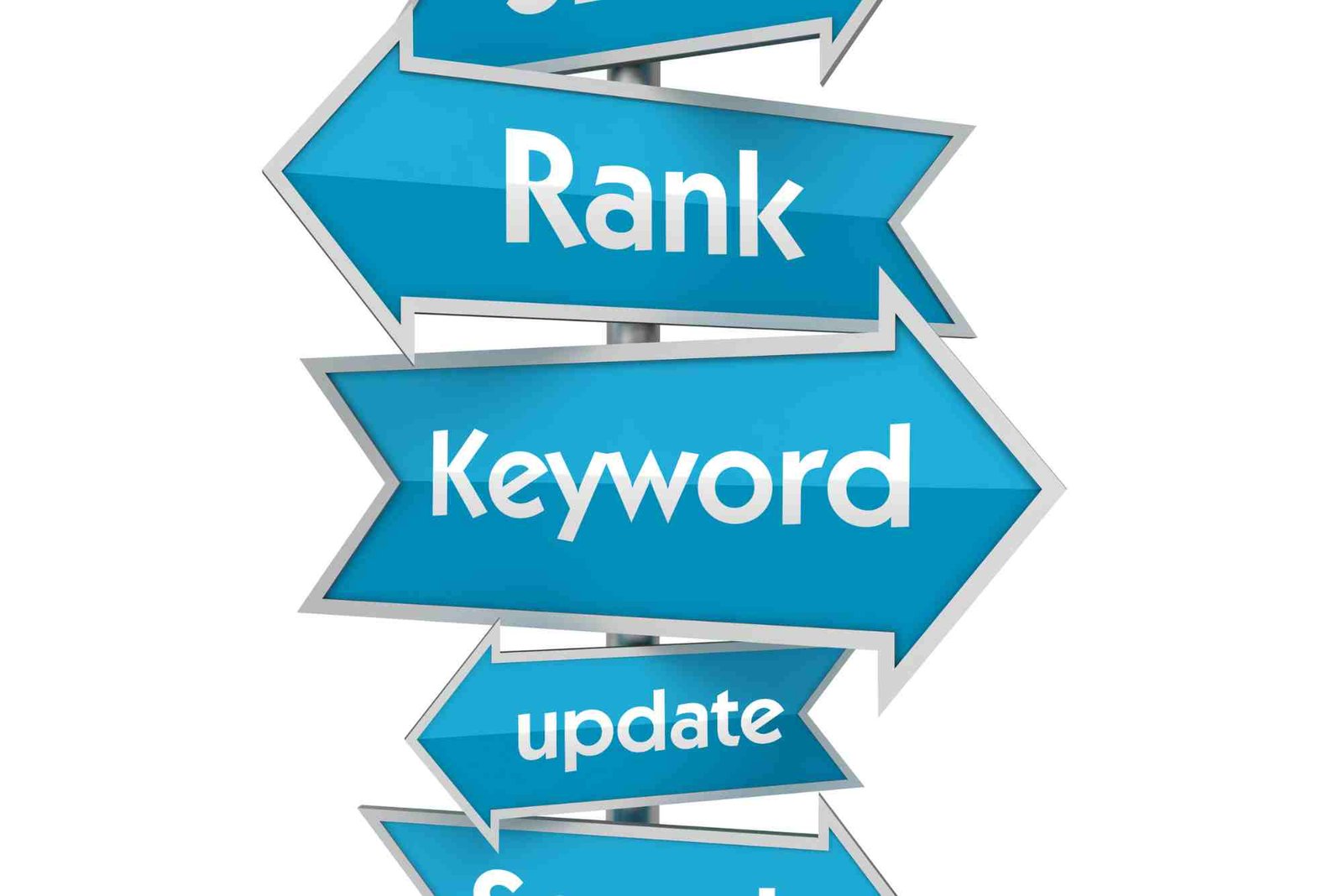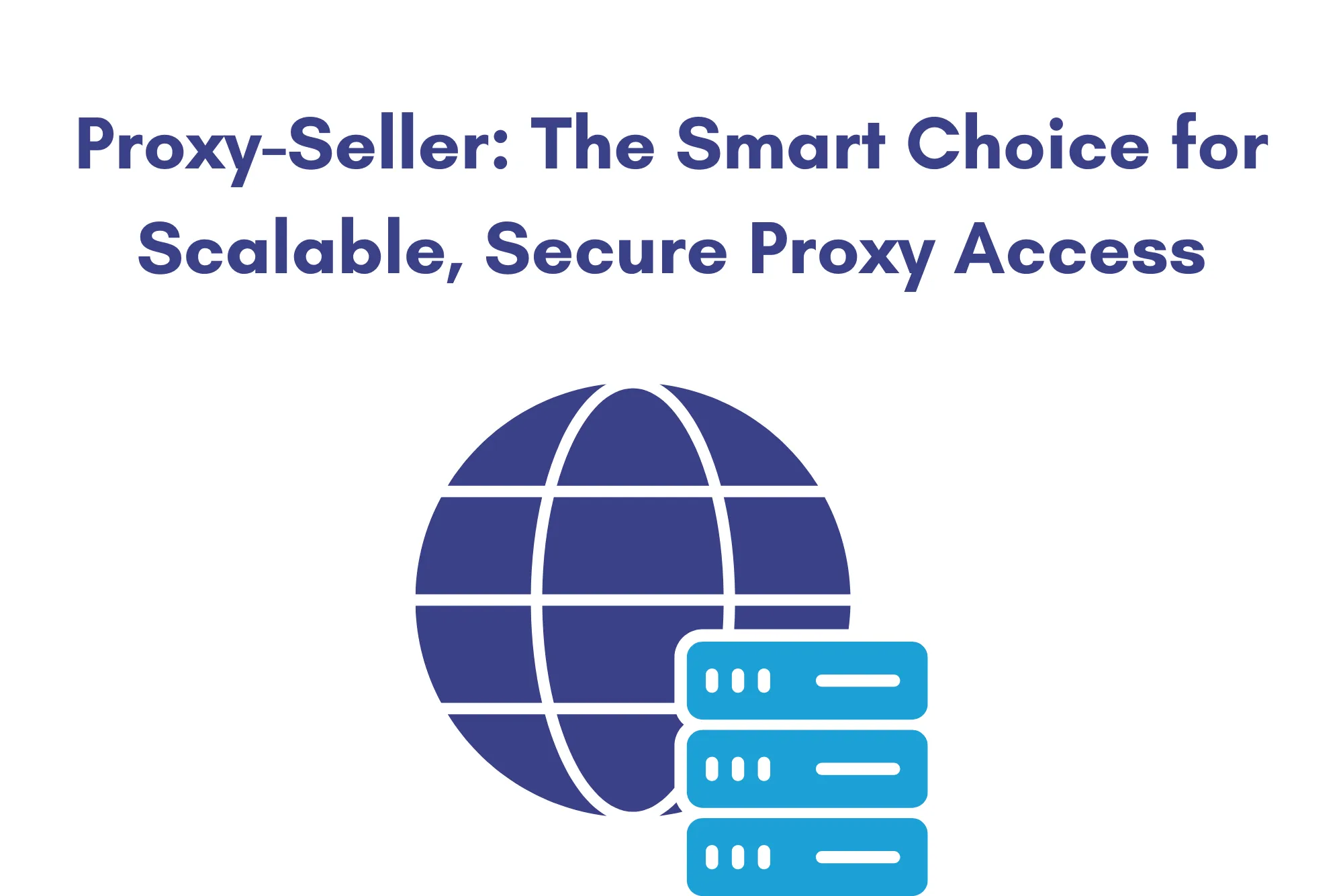Boosting FMCG B2B Sales with Effective Strategies
The fast-moving consumer goods (FMCG) sector is highly competitive, with constant demand for efficiency, speed, and scale. In the business-to-business (B2B) space, FMCG companies must meet the high expectations of retailers and wholesalers by leveraging strategic partnerships, efficient supply chains, and digital tools. Here’s how FMCG businesses can navigate and thrive in this dynamic sector.
Understanding the FMCG B2B Market
In the B2B landscape, FMCG businesses cater primarily to retailers, distributors, and wholesalers. Unlike B2C interactions, where the focus is on reaching end consumers, B2B relationships in FMCG require high-volume transactions, dependable delivery timelines, and robust inventory management. Efficient logistics and an optimized supply chain are crucial for timely and cost-effective delivery of goods.
Key Challenges in FMCG B2B
FMCG companies face numerous challenges in the B2B sector, from fluctuating consumer demand to fierce competition and ever-increasing pressure for sustainability. Staying ahead requires keeping costs low while managing a network of suppliers, distributors, and logistics partners. Furthermore, FMCG brands must adapt to shifting market demands by streamlining processes and innovating.
Strategies to Drive Success in FMCG B2B
To excel in the FMCG B2B market, companies must adopt a strategic, proactive approach. Here are some essential tactics:
- Streamline the Supply Chain
Efficient supply chain management reduces costs, prevents delays, and enhances operational efficiency. Leveraging technology such as AI and predictive analytics allows FMCG companies to forecast demand more accurately and maintain optimal inventory levels. - Focus on Relationship Management
Strong relationships with wholesalers and retailers are crucial. Implementing a CRM system can help in tracking interactions, anticipating needs, and ensuring personalized support. Regular communication and transparent pricing further reinforce trust and long-term partnerships. - Adopt Digital Tools
E-commerce platforms tailored for B2B transactions allow FMCG companies to automate ordering, track shipments, and streamline payments. Many FMCG businesses are also exploring digital solutions such as electronic data interchange (EDI) to improve collaboration with B2B clients. - Sustainability Practices
Today’s FMCG buyers are increasingly focused on sustainability. Integrating sustainable practices, such as eco-friendly packaging or optimizing delivery routes to reduce emissions, is essential to appeal to environmentally-conscious clients.
Embracing Technological Innovation
Digital transformation is a game-changer for FMCG companies in the B2B space. Tools like artificial intelligence, data analytics, and IoT are helping businesses gain insights into customer behavior, streamline operations, and adapt to changing market dynamics. Automation of routine tasks, such as order processing and inventory updates, enhances efficiency and reduces errors.
The Future of FMCG B2B
The FMCG B2B market will continue to evolve, shaped by changing consumer expectations, technological advancements, and an increased focus on sustainability. Companies that stay agile, embrace innovation, and focus on strategic partnerships will be best positioned to thrive in this competitive sector.
FAQs on FMCG B2B
What does FMCG B2B mean?
It refers to the sale of fast-moving consumer goods between businesses, like wholesalers and retailers.
Why is technology important in FMCG B2B?
It streamlines operations, enhances supply chain efficiency, and helps companies meet customer demands swiftly.
How can FMCG B2B companies improve sustainability?
They can use eco-friendly packaging, optimize logistics, and incorporate sustainable practices across operations.



